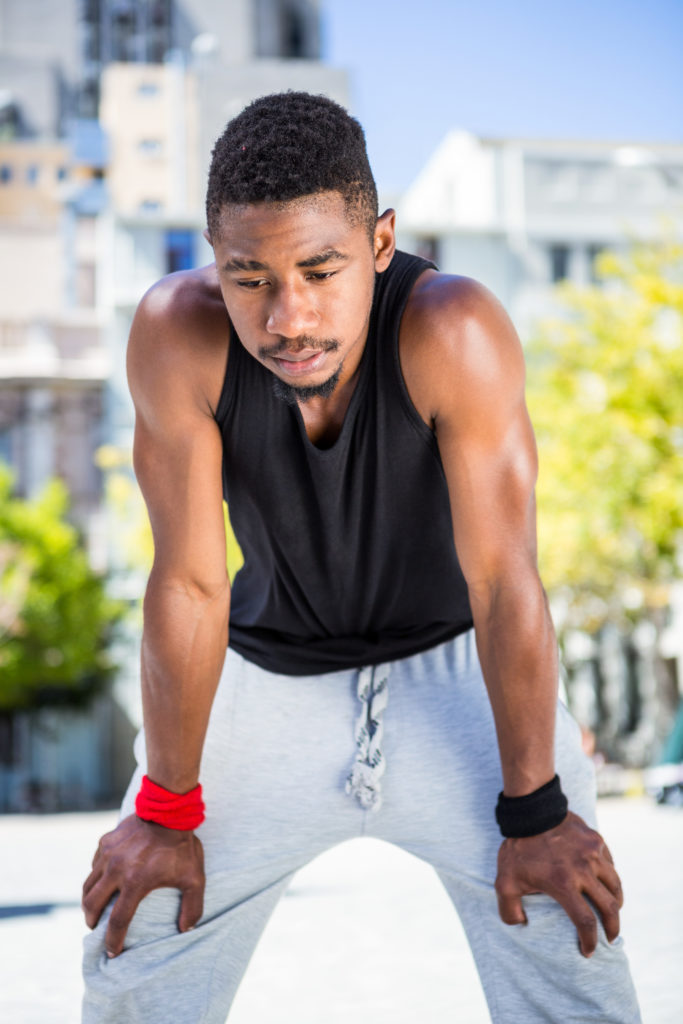[vc_row type=”in_container” full_screen_row_position=”middle” scene_position=”center” text_color=”dark” text_align=”left” overlay_strength=”0.3″ shape_divider_position=”bottom” bg_image_animation=”none”][vc_column column_padding=”no-extra-padding” column_padding_position=”all” background_color_opacity=”1″ background_hover_color_opacity=”1″ column_link_target=”_self” column_shadow=”none” column_border_radius=”none” width=”1/1″ tablet_width_inherit=”default” tablet_text_alignment=”default” phone_text_alignment=”default” column_border_width=”none” column_border_style=”solid” bg_image_animation=”none”][vc_column_text]
By Gena Pitts
In sports, athletes have trainers and coaches to keep them in top physical condition. If they are injured, doctors are ready to get them healthy and in peak performance.
For the rest of us, we seek doctors to get us well when we are sick or injured.
But who can we call when we’re feeling sad, depressed or mentally sick?
Approximately 46.6 million people are living with mental illness in the USA.
A research study conducted by the American College Health Association found that
• 41% student-athletes found it difficult to function
• 52% felt overwhelming anxiety
• 14% considered suicide with 6% attempting it.
College athletes are taught to be tough and push through low self-esteem, failure, and depression while performing under intense public scrutiny. Some fans forget athletes are people first and suffer like the rest of us. Meanwhile, their caretakers of athletic trainers and coaches, are not properly trained to help athletes with mental health issues.
Dr. Brian Hainline, the Chief Medical Officer of the National Collegiate Athletic Association, has declared mental health as the No. 1 health and safety concern in the NCAA. There are more than 200 pages of mental health documents buried deep in the NCAA website (Fox Sports n.p.) but hardly many student-athletes are aware of any tangible NCAA resources.
The lack has not gone unnoticed.
When asked if the NCAA had a responsibility to take a direct hand in the mental health of student-athletes, Mary E. Wilfert, Associate Director of the NCAA Sport Science Institute, stated, “No, intervention cannot come out of the national office..we are not a medical organization.” (Fox Sports n.p.).
“Concussions get more attention because of the media, the NFL, lawsuits, and Congress … it does not reflect the NCAA attention,” Wilfert added (Fox Sports n.p.). At least, not yet. Wilfert’s comment is proof the NCAA needs a faster resolution.
The student-athletes and mental health experts largely agreed on solutions to the mental health epidemic.
First, the sports community needs to expand the dialogue on mental health awareness to stamp out the stigma.
For physical illnesses, physicians diagnosed patients with the flu, an infection, or a disease such as cancer without suffering the backlash of scrutiny. Simply put, our brains are in our head, and our brains can suffer trauma and get diseased like the rest of our body. So, why isn’t mental illness accepted socially like physical illnesses?
Mental illness is a disease of the brain that can range from mild, moderate or severe and affect mood, thinking, and behaviors such as eating or sleeping habits. For athletes, mental illness can cause confused thinking and affect performance. Only a professional therapist can determine the condition and form of treatment.
Second, student-athletes need to take advantage of available on-campus support. Many of them are not aware of on-campus mental health programs, which is where the problem lies.
As the governing body of college sports, the NCAA needs to raise awareness, set a national standard, and offer accessible resources to students-athletes before reaching the pro level.
In the pros, the industry is a high-pressured environment with constant unwanted publicity, scrutiny, comparisons, rejection, instant wealth and financial problems, loneliness and the lack of time with trusted loved ones. These challenges can cause acute stress, anxiety, and depression.
Most athletes don’t want to speak about their mental health or admit having bouts of depression for fear of the stigma and a sign of weakness.
Mental illness is a debilitating issue that won’t heal without help.
And now, help is on the way.
Introducing the Domestic Wellness League, a non-profit educational organization with licensed therapists and certified specialists on call to provide online therapeutic coaching and counseling via text, web, phone, and video conferencing to help navigate through life’s challenges.
Our online resources provide a variety of ways to communicate with a therapist in your office or home in your pajamas…it’s up to you!
Our goal is to stamp out the stigma of mental illness and provide help. The steps to achieve care and wellness mentally, physically, financially, and spiritually is only a phone call or a swipe away.
Visit our Domestic Wellness League Directory of therapists for help.
[maxbutton id=”2″][/vc_column_text][/vc_column][vc_column column_padding=”no-extra-padding” column_padding_position=”all” background_color_opacity=”1″ background_hover_color_opacity=”1″ column_link_target=”_self” column_shadow=”none” column_border_radius=”none” width=”1/1″ tablet_width_inherit=”default” tablet_text_alignment=”default” phone_text_alignment=”default” column_border_width=”none” column_border_style=”solid” bg_image_animation=”none”][/vc_column][/vc_row]
